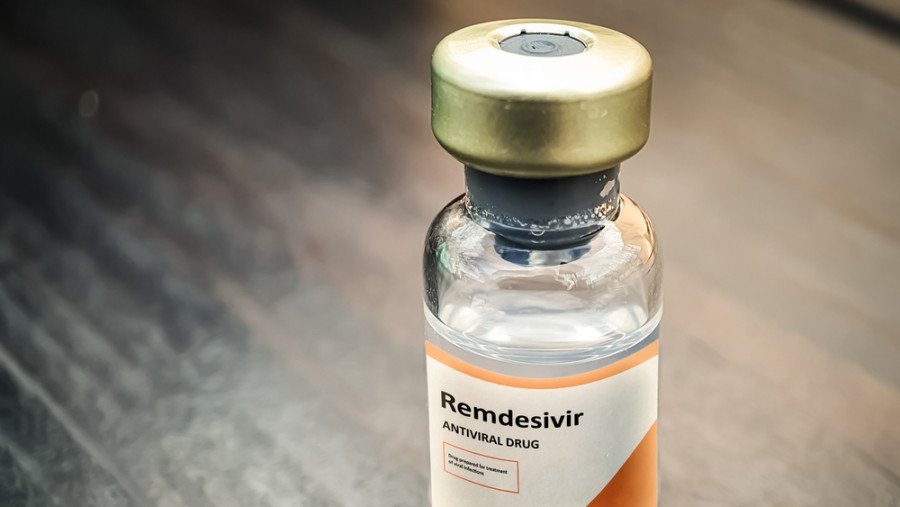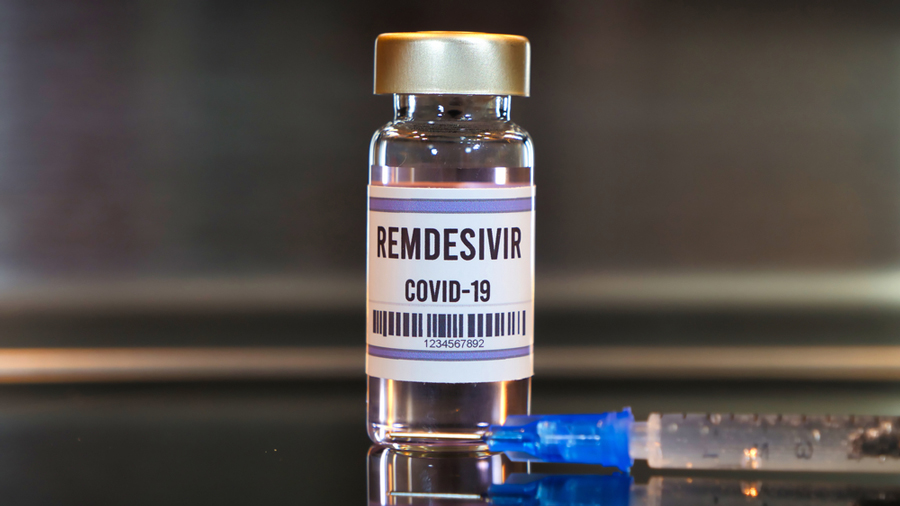India on Sunday banned the export of remdesivir, a key drug used in the treatment of patients hospitalised for severe Covid-19, amid a sharp spike in demand in parallel with the epidemic’s growth in multiple states.
The Centre has also prohibited the export of active pharmaceutical ingredients (API) used to produce remdesivir, a drug manufactured by seven Indian companies under voluntary licensing agreements with the US-based Gilead Sciences.
India’s count of active patients on Sunday surged to 1.1 million. The Union health ministry said the epidemic’s resurgence over the past two months has led to a “sudden spike in demand” for remdesivir and requirements are expected to increase in the coming weeks.
The seven companies have a collective installed capacity of about 3.8 million units per month. Critical care specialists say Covid-19 patients prescribed remdesivir typically need about six vials of 100mg each.
The installed capacity would thus support up to 630,000 patients per month, or about 21,000 patients per day. India’s seven-day average of daily new cases has increased from 69,000 on April 2 to 152,000 on Sunday.
Doctors say whether this capacity is sufficient for India’s needs would depend on how fast the cases rise in the coming days and weeks. “The number of cases now is pretty large, but there may also be some indiscriminate use of this drug,” said Sumit Ray, head of critical care department at the Holy Family Hospital, New Delhi. “It is no magic bullet, but may be useful in reducing the length of hospitalisation in a small subset of moderately-ill patients.”
The health ministry said all domestic manufacturers have also been advised to display on their websites details of their stockists and distributors to facilitate access to the drug.
The ministry has directed drug inspectors to verify stocks and check any malpractices and take other effective actions to curb hoarding or black marketing.
The Centre has told states that the national treatment guidelines view remdesivir as an “investigational therapy” where informed and shared decision making with patients or their relatives is essential if patients are considered eligible to receive the drug.











